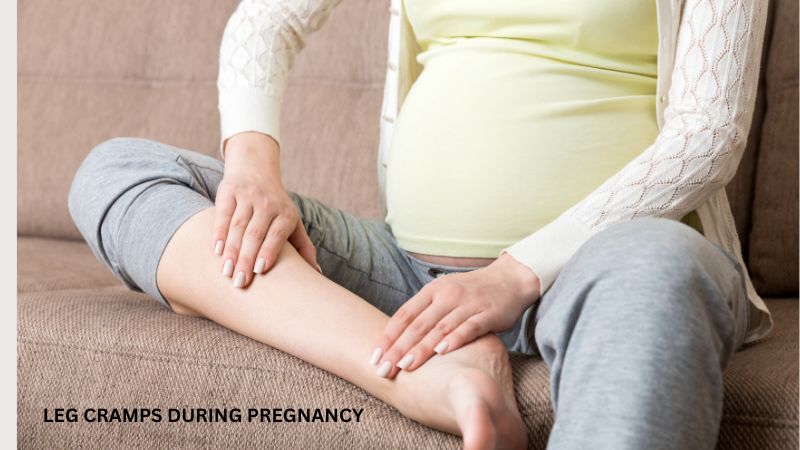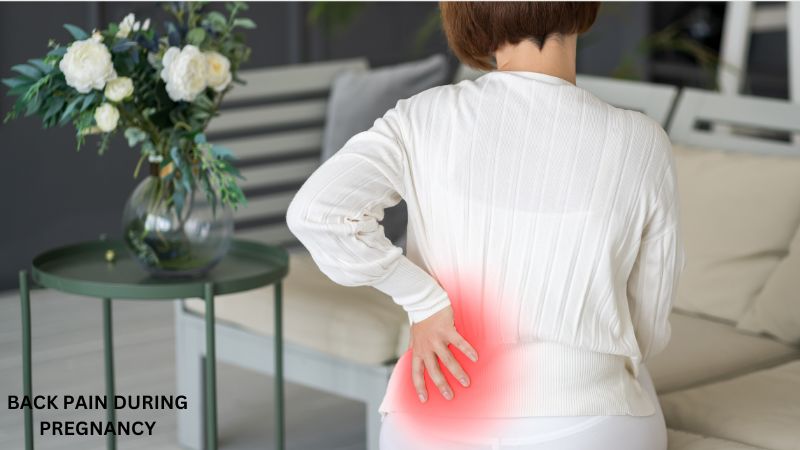Being pregnant is a wonderful journey that is full of hope and excitement, but it also has its share of difficulties. Challenges Faced by Women During Pregnancy Expectant moms frequently endure a variety of discomforts that might affect their health, such as back pain and heartburn etc. A smooth and successful pregnancy requires knowledge of these obstacles and good coping mechanisms. In this blog, we’ll look at some typical issues that pregnant women deal with and talk about feasible remedies to make the experience more pleasant and joyful. Here are the following challenges faced by women during pregnancy as follows:
HEARTBURN DURING PREGNANCY:
It is a common problem during pregnancy
a) Relaxation of the lower Esophageal Sphincter – (LES) in a lying position and after a heavy meal.
b) The growing uterus presses on the stomach
Control Measures:
Solution:
LEG CRAMPS DURING PREGNANCY – Third trimester, late-night. Every woman has this problem during pregnancy
CAUSES:
How to prevent Leg cramps:

What to do during leg cramps?

How can we prevent or minimize back pain during pregnancy?
Postures and exercises to prevent back pain – Cat Cow Exercise
Sleep hygiene is defined as behaviors that one can do to help promote good sleep using behavioral interventions.
Sleep hygiene tips:
Maintain a regular sleep routine: Go to bed at the same time. Wake up at the same time.
Avoid or minimize coffee, tea, soda, cigarettes, and alcohol, its best to limit coffee to early afternoon at the latest.
Exercise regularly: Stop exercise four hours before sleep.
Sleep Sanctuary:

Journeys are safe in uncomplicated pregnancy. In general, long journeys are best avoided in the first and third trimesters. Expecting mothers are advised not to undertake the journey when they have.
Normal white discharge is thin and milky with a mild smell; it is harmless. White discharge due to infection causes discomfort like foul smell and itching; it may be yellow, greenish, or curdy white. Some infections may lead to miscarriage or premature labor. It must be treated.
Challenges Faced by Women During Pregnancy is the White discharge. White discharge of labour (delivery) will be jelly-like, and maybe blood-stained. This white discharge indicates the opening of the cervix. It may be associated with back pain, tightness of the abdomen, and pressure in the lower abdomen or pelvis. Any white discharge excess in quantity or associated with other symptoms must be seen by a gynecologist as early as possible.
Bleeding during any time of the pregnancy is abnormal. Seeking immediate medical care is mandatory for maternal and fetal well-being.
First and second trimester: Causes of bleeding are sub-chorionic hematoma, cervical polyp, and threatened miscarriage.
Precipitating factors – Physical stain, sexual contact, journey, urinary infections, infective white discharge, spicy food, etc.
Third trimester: APH – Antepartum Haemorrhage and labor (delivery)
So, pregnant women must seek medical help and advice whenever there is bleeding, the major challenges faced by women during pregnancy.
Fever is an ominous symptom and untreated fever can be detrimental to both the baby and the mother. Emergency medical care is a must, to avoid complications for the baby.
Effect of fever on the baby: In the first trimester missed abortion, and congenital malformation may occur. In the 9th month Oligohydramnios (decreased amniotic fluid), meconium aspiration, risk to life, etc may occur.
Bleeding, leaking, excess white discharge, fever, and pain in the abdomen are notorious symptoms faced during pregnancy. Hence expecting mothers should not hesitate to report to the treating doctor as early as possible for evaluation and treatment.
Please keep in mind that the dietary needs of every pregnant woman are different, therefore you need to seek the advice of a healthcare provider or a registered dietician to suggest what is best for you. While taking nutrition and eating a wide of nutritional foods, you can start a healthy pregnancy and give a healthy start to your baby’s life.
Leaking of amniotic fluid during any time of pregnancy calls for immediate medical attention. Leaking in the seventh or the eighth month is definitely a cause for concern, as it leads to premature labor and infection. Leaking in the 9th month helps with the initiation or augmentation of delivery. Leaking that occurs before the onset of labor pains requires induction of labor. Leaking that occurs after the onset of labor helps in the hastening of delivery.
Hence, an expectant mother must be on the alert. She should be able to differentiate leaking from excessive white discharge and urine. When in doubt, it is better to see the doctor. A common challenge faced during pregnancy.
Usually, the time of delivery is determined by the baby.
Therefore, it is better to have frequent check-ups (weekly once) in the 9th month and visit the doctor when there is a decrease in fetal movement, pain in the abdomen, bleeding, or leaking. Depending on the state of the cervix, maturity, and well-being of the baby, the doctor will decide whether to wait for spontaneous labor or induce it. It is alright for the baby to be delivered any time after the thirty-seventh week.
It is not always easy to cope with all the emotional Challenges Faced by Women During Pregnancy; luckily, with the right knowledge and support, women can succeed against any odds. At the same time, moms who are waiting for their babies can get rid of symptoms of discomfort and live a more comfortable pregnancy by practicing simple methods like eating a balanced diet, exercising and see a doctor whenever necessary. Recall the fact that every pregnancy is unique so it is vital to impart mindfulness to yourself and your body while you are giving a life through your body.
For more details, you can go through my book called “TALKING TO THE BABY IN THE WOMB – GARBHA VIDYA”. This book is available on the Amazon website in English, Hindi, Telugu, and Tamil languages.
Please keep in mind that the dietary needs of every pregnant woman are different, therefore you need to seek the advice of a healthcare provider or a registered dietician to suggest what is best for you. While taking nutrition and eating a wide of nutritional foods, you can start a healthy pregnancy and give a healthy start to your baby’s life.
For more details, you can go through my book called “TALKING TO THE BABY IN THE WOMB – GARBHA VIDYA”. This book is available on the Amazon website in English, Hindi, Telugu, and Tamil languages.